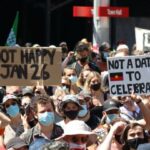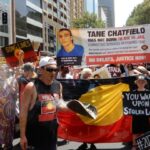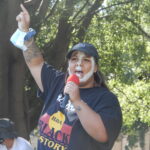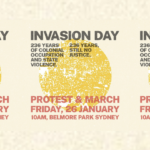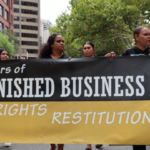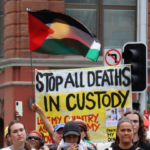Protest the Invasion of Aboriginal Land This 26th of January: Interview with Dunghutti Activist Paul Silva
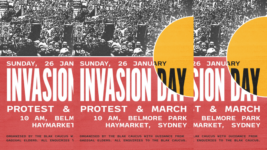
The Invasion Day rally on Gadigal land 2025 is set to commence this Sunday at Sydney’s Belmore Park at 10 am.
The 26th of January this year marks 237 years since British ships pulled up in what’s today known as Sydney Harbour, to unleash an invasion, a smallpox plague and a takeover of this continent, under the pretext of a lack of available beds in the UK prison system.
The 26th of January 2025 will continue to be celebrated by much of the Australian population on Sunday, despite a long-term and concerted effort to end the practice, as it amounts to taking national pride on a day that marks the commencement of the British settler colonial project on this continent, which has and continues to entail dispossession, the theft of resources and genocide.
Settler colonial genocides have been front and centre over the past 12 months with Israel having conducted a mass slaughter upon the Palestinians of Gaza and with this has come a renewed focus on the genocide upon the First Nations people of this continent, and this has been raised in federal parliament by Senator Lidia Thorpe and in the courts by Uncle Robbie Thorpe.
However, the last 12 months have seen the Albanese government continuing to distance itself from Indigenous affairs, following the 2023 failure of the Voice referendum, whilst opposition leader Peter Dutton has spent the last weeks stirring up racial prejudice against First Nations people, and he’s promising, if elected, to roll back 26 January reforms that have already been realised.
The start of a brutal invasion
The Blak Caucus is organising this year’s Invasion Day rally with guidance from Gadigal elders. The Invasion Day protest in this city and those right across the continent have been growing exponentially since 2014, when those gathered at the 40th anniversary of the Aboriginal Tent Embassy in Canberra were sent out with a mandate to grow the movement.
Dunghutti social justice activist Paul Silva is a member of the Blak Caucus. Silva has been a driving force behind First Nations actions over the past decade, including the 2020 Black Lives Matter rallies.
Paul is also the nephew of the late David Dungay Junior, who was killed by five specialist officers in December 2015. The prison guards involved pressed upon David’s back whilst holding him down on a prison bed in the prone position, as he repeatedly called out that he could not breathe.
Sydney Criminal Lawyers spoke to Paul Silva about the growing awareness of the plight of First Nations people amongst the broader community, the fact that despite this, issues like deaths in custody and forced child removals are at epidemic levels, as well as why non-Indigenous people ought to get out on the streets this coming Sunday to show their solidarity with sovereign peoples.
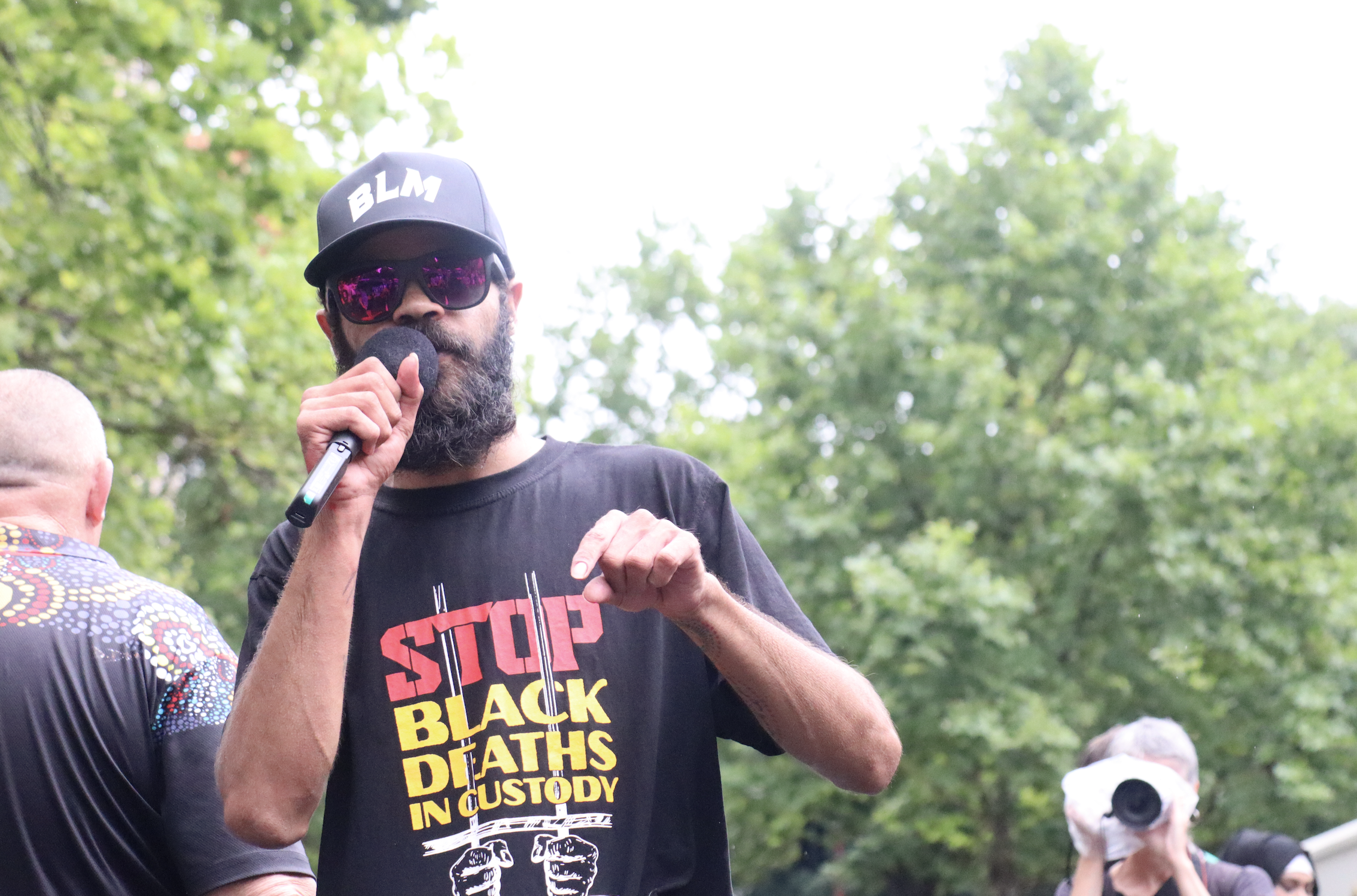
Paul, the Invasion Day rally is set to take place on Sunday at 10 am on Gadigal land in Sydney’s Belmore Park, just next to Central Station.
Since the last Invasion Day protest, the Albanese government has continued to avoid the issue of Indigenous affairs following the failure of the Voice referendum the year prior. And Australia Day continues to be celebrated on 26 January.
So, at the beginning of a new year and looking towards the Invasion Day rally, how do you consider the state of Indigenous affairs on this continent?
First Nations people are continuing to face deaths in custody, overincarceration, the forced removal of children and the ongoing theft of land.
The current government and governments before them have continued to operate racist systems, whether that be educational institutions or the healthcare system.
At the end of the day, our people are targeted by the government. This has been going on for the last 237 years. They took the land and tried to take out the Aboriginal people.
All these years later, the government is still trying to do that. Aboriginal people face racism on a daily basis.
So, you’d say that the dispossession of Aboriginal people from their land is something that is continuing on right now?
Yeah, the dispossession of First Nations people hasn’t stopped and unfortunately, it is going to continue, and it will continue under the next government after the election.
You’ve been a prominent figure in the Aboriginal rights movement in this state for the past decade. How would you say the movement has changed over that time? What sort of gains have been made?
Everyday people now have more insight about what has happened. This is due to the grassroots movement.
I work with a group made up of Aboriginal mob called the Blak Caucus, and we work in collaboration with a number of other groups, including the tent embassies.
If it wasn’t for mob on the ground, the organisers of these events, people in mainstream society wouldn’t have any insight into the issues that First Peoples face.
The reality of it is, people are becoming more aware that First Nations people are under attack. The outcome of the Voice referendum was a prime example of the racism is this country.
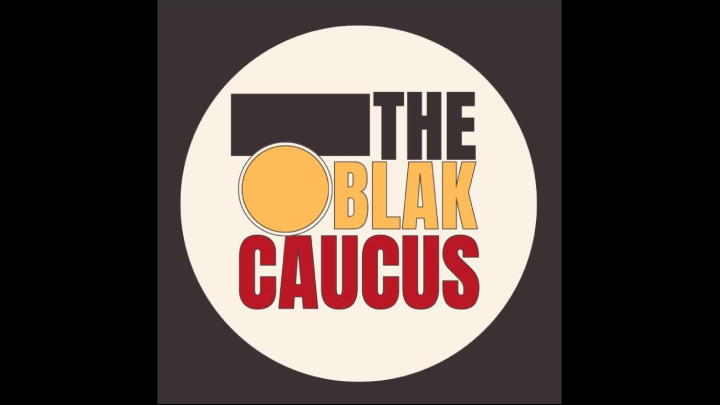
The Blak Caucus is organising the 2025 Invasion Day rally, with the guidance of Gadigal elders.
One of the issues being raised by the caucus is that despite the Royal Commission handing down its report in 1991, Black deaths in custody are still at epidemic levels, and there has never been a conviction of a corrections or police officer in relation to one.
What are your thoughts on the state of Aboriginal deaths in custody at present?
Deaths in custody are a systemic issue. Since the 1991 Royal Commission into Aboriginal deaths in custody report, more than 580 Aboriginal people have died in the custody of police or corrective services.
That doesn’t include the deaths that occur in healthcare facilities due to systematic failures.
A federal election is set to take place in the first part of this year. Liberal leader Peter Dutton could potentially be elected prime minister.
Ahead of Invasion Day, he’s been raising issue with some of the changes that have already been made to the 26 January as a result of the campaign against Australia Day.
What will it mean for Aboriginal and Torres Strait Islander people if Dutton is elected?
Peter Dutton has exposed his racism on so many levels, not just in his political career but when he was a Queensland police officer.
If he is elected based on the race vote, it is going to be a big issue. And as it is, he is already trying to use the race issue to win the election.
Everyday people have to realise that a person who is going to treat another human being just as a skin colour is not a person to vote for.
And lastly, Paul, the Invasion Day protest has grown dramatically over the last decade. Why should people join the march this year? What can those who have not participated before expect if they do show up?
This year we are working in collaboration with a number of groups to make it a positive and safe day for all attendees. It is important for non-Indigenous people to show up and show support with First Nations people.
Australia is a crime scene. The government is still occupying stolen land. The reality of it is if people celebrate that day its people celebrating the arrival of the First Fleet and invasion.
For me, I can’t see why people would celebrate mass murder, mass rape and mass theft that have occurred to other people.
In this day and age, if someone did what they did to our people now, that would not be celebrated.
The reality of it is, it’s also a day to provide non-Indigenous people insight into what First Nations people are exposed to here on the lands that we share together.


